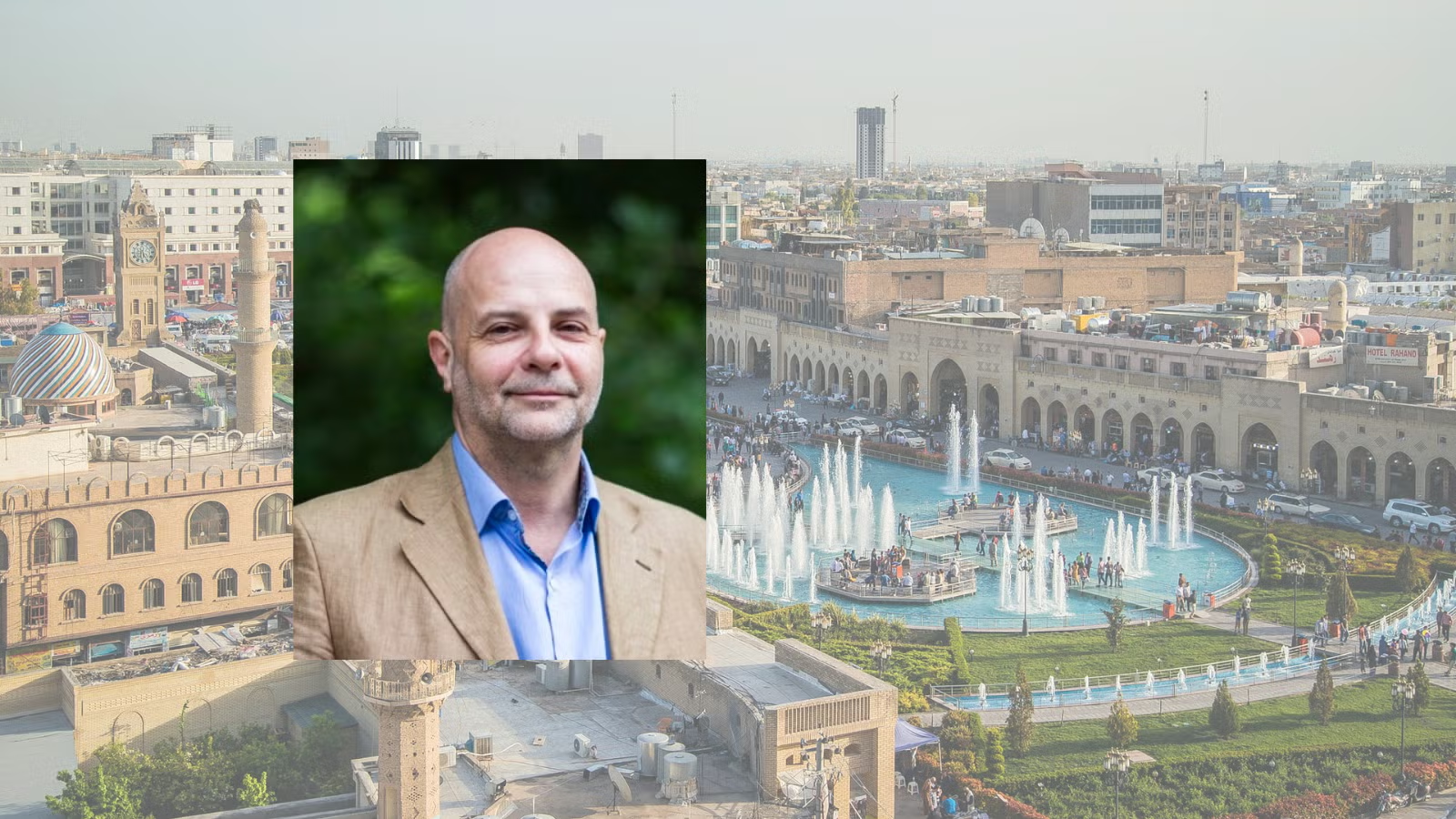This year, SFS’s Center for Contemporary Arab Studies (CCAS) celebrates its 50th anniversary. In this series, we’re commemorating the center’s impact and legacy by highlighting current students and alumni as well as past and present faculty. Their stories reflect CCAS’s dedication to understanding the complexities of the Arab world and engaging with the region in thoughtful and ethical ways.
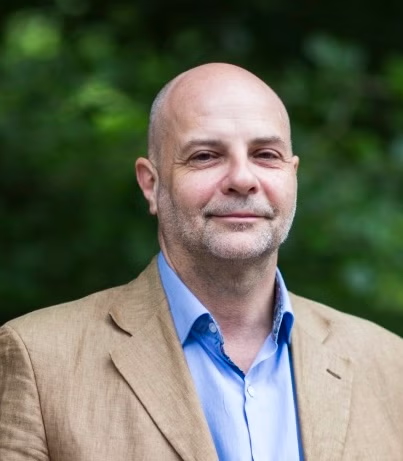
For Claudio Cordone (MAAS’84), the Master of Arts in Arab Studies (MAAS) within CCAS laid the groundwork for an illustrious career spanning more than 40 years in international relations, human rights and humanitarian law. Today, he serves as the Deputy Special Representative of the Secretary-General for Iraq for Political Affairs and Electoral Assistance at the UN Assistance Mission for Iraq (UNAMI).
We spoke to Cordone about his experience in the MAAS program, insights from his global career and his advice for future Arab studies students.
Foundations in discourse and cross-cultural understanding
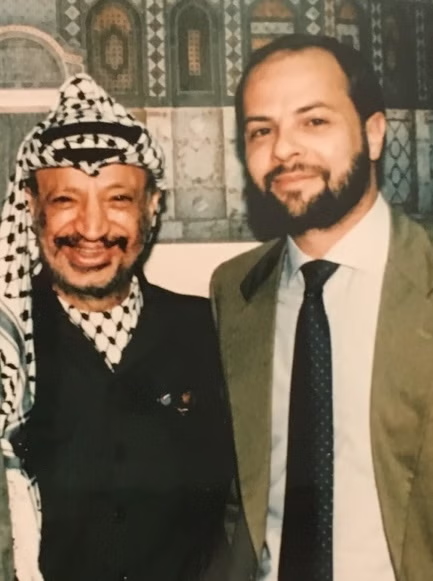
Born in Egypt and raised in Lebanon, Cordone’s early exposure to the region’s political dynamics fueled his desire to study the modern history of the Middle East and deepen his command of the Arabic language.
“CCAS struck me as a center of excellence for what I was interested in,” he recalls.
After completing his undergraduate degree in law with a concentration in human rights at Sapienza University of Rome, he hoped to return to the Middle East professionally—ideally working at the intersection of law, politics and human rights.
Cordone remembers the MAAS community of faculty and students as formative, both academically and personally: “We were studying while following the events linked to the Israeli invasion of Lebanon. We may not have had all the same views, but it was a respectful and actually friendly environment.”
His coursework—ranging from language and history to politics, economics and culture—offered invaluable preparation for the career he would soon enter.
“Thanks to the MAAS program,” Cordone adds, “I also got a summer internship at Birzeit University, spending a week in tents doing odd jobs across the West Bank and Gaza and getting a small taste of life under military occupation.”
International diplomacy and development in action
Beyond field exposure, Cordone emphasizes how the classroom makes a key contribution to career preparation: “It makes a big difference to operate in a country or region whose history you have already had a good opportunity to learn about.”
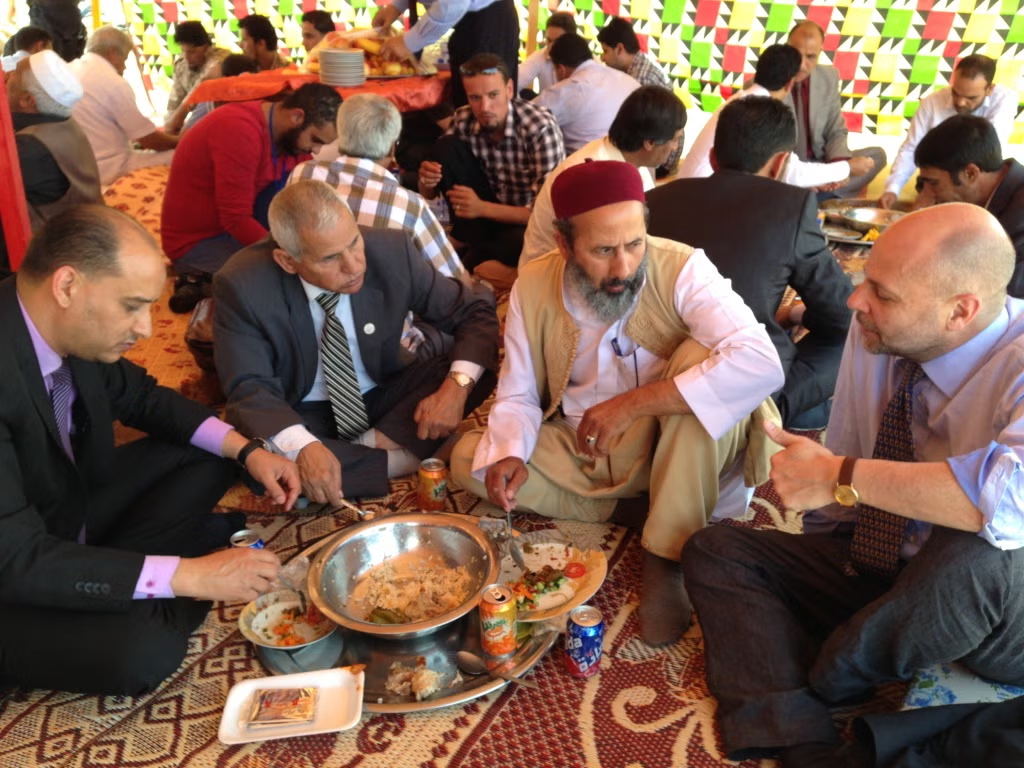
Shortly after graduating from the MAAS program, Cordone joined the Middle East Department of Amnesty International in London, where he was responsible for human rights documentation and advocacy on Israel and occupied Palestinian territory, among other countries. He had developed a background on the conflict across his MAAS coursework. He later served as director of the United Nations Relief and Works Agency for Palestine Refugees (UNRWA) in Lebanon.
“Heading UNRWA in Lebanon was perhaps my most difficult, but rewarding, job, and again I had the advantage of having focused my MAAS studies on the country, in addition to having lived there in the 1970s,” he reflects.
Over the course of his career, Cordone has worked extensively across diverse international contexts—from Lebanon and Iraq to Libya and Bosnia—drawing consistently on the regional expertise and critical perspective he began developing in the MAAS program.
The critical role of Arabic language studies
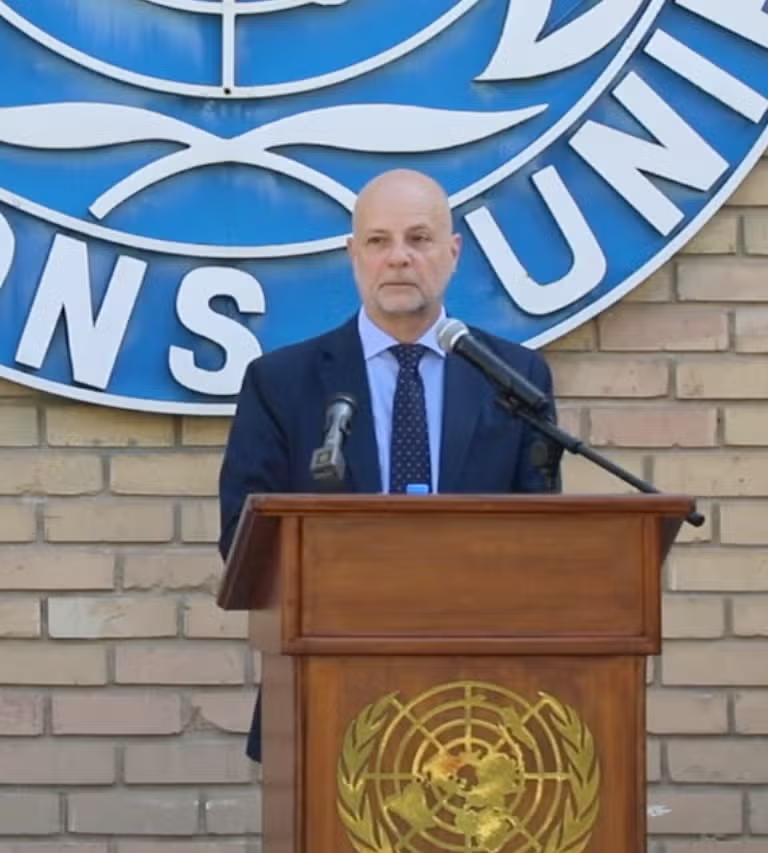
In his current role at UNAMI, Cordone oversees the mission’s political and electoral assistance in Iraq, in addition to supporting humanitarian and development initiatives. His knowledge of Arabic, he says, has been central to his ability to lead effectively. Although he spoke Arabic before joining MAAS, his knowledge of Fusha (Modern Standard Arabic) was limited.
“Two years of intensive classes were essential to consolidate and develop my knowledge of the language,” he says.
He encourages students to appreciate not just the practical utility of language but also its diplomatic power.
“Sure, you will have interlocutors who speak English or other languages you know, and you can use interpreters, but in many situations, nothing can match being able to communicate directly in the national language,” he says.
“It’s not just about understanding each other, it’s about establishing a rapport, which is often critical whether you are dealing with a senior official or with the family of a prisoner.”
Claudio Cordone (MAAS’84)
Advice for future MAAS students
For students considering the MAAS program or pursuing careers in global development or diplomacy, Cordone offers this guidance: “Keep a critical mind in an environment likely to remain polarized and full of misinformation and disinformation, always questioning even those you usually agree with. Remember that the network you establish can turn out to be very useful along your career. But do not forget to have fun while at CCAS!”
